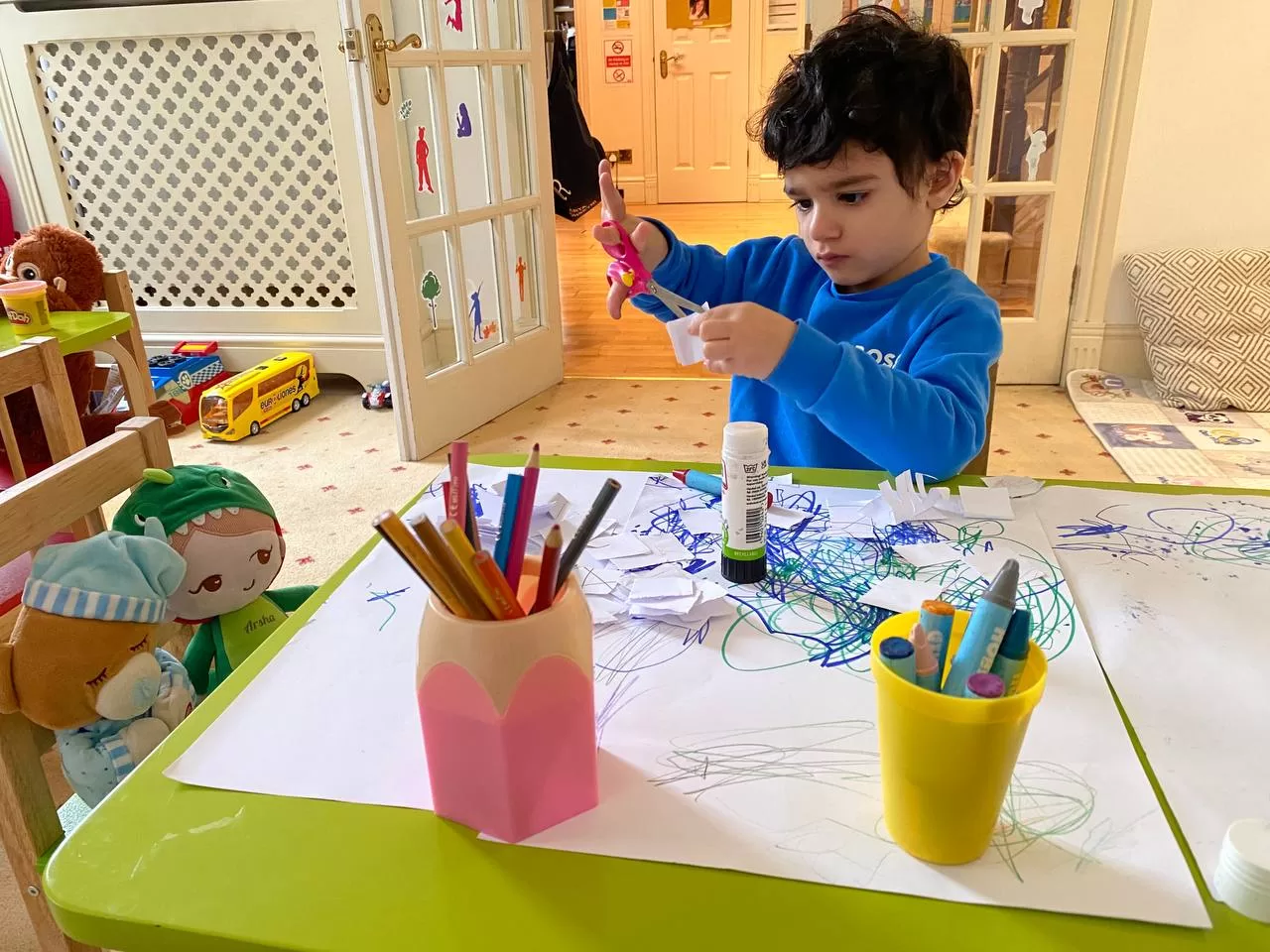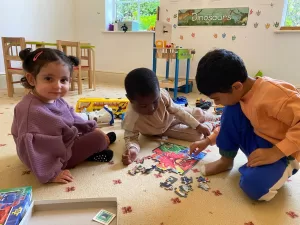Welcome to the comprehensive guide to childcare! As a parent, you’re embarking on a journey to find the best care and early education for your child. This guide aims to provide you with a deep understanding of childcare options, including nurseries and daycare services, as well as the numerous benefits that quality childcare can offer.
What is Childcare?
Childcare, often referred to as early childhood education and care (ECEC), encompasses a range of services and facilities designed to support children’s physical, cognitive, and socio-emotional development during their formative years. Whether it’s a nurturing nursery, engaging preschool, or reliable day care center, childcare plays a pivotal role in laying the foundation for children’s future success.
What Age Do Kids Start Nursery?
Children can start attending nursery from as early as a few months old, depending on the facility’s policies and the child’s individual needs. Some nurseries accept infants as young as six weeks, while others may have a minimum age requirement of one year or older. It’s essential to inquire about the specific age requirements of the nursery you’re considering and consider your child’s readiness for separation from you and their developmental stage. Most childcares, like Happy Chalet, are specifically designed for 3 month to 5 year olds, which is preschool age.
Understanding Early Years Education
Early years education is a cornerstone of childcare, providing children with valuable opportunities for exploration, learning, and growth. In childcare settings, early years education emphasises play-based learning, socialisation, cognitive development, and emotional and physical well-being. By engaging in age-appropriate activities and experiences, children develop essential skills and attitudes that lay the groundwork for future academic success and lifelong learning.
In childcare settings, early years education emphasises:
- Play-Based Learning: Activities that encourage exploration, creativity, problem-solving, and imaginative play.
- Socialisation: Opportunities for children to interact with peers, develop communication skills, and learn to cooperate and share.
- Cognitive Development: Introduction to basic concepts such as numbers, letters, shapes, and colors through hands-on activities and play-based learning experiences.
- Emotional and Physical Development: Support for children’s emotional well-being and physical growth through nurturing care, positive reinforcement, and opportunities for active play and movement.
What Are the Benefits of Using Childcare?
Using childcare offers numerous benefits for both children and parents alike. For children, childcare provides opportunities for socialisation, early education, and personal development. They learn to interact with peers, explore their interests, and develop essential skills such as communication, problem-solving, and self-regulation. For parents, childcare offers peace of mind, support for work and personal commitments, and access to resources and information to support their parenting journey.
Using childcare offers numerous benefits for both children and parents:
- Socialisation: Childcare provides opportunities for children to interact with peers, fostering social skills, cooperation, and friendship.
- Early Education: Quality childcare programs offer age-appropriate activities and educational experiences that support children’s cognitive development and school readiness.
- Parental Support: Childcare facilities often provide resources, guidance, and support for parents, including workshops, parenting tips, and networking opportunities.
- Career and Personal Development: Access to childcare enables parents to pursue career opportunities, further education, or engage in personal interests while knowing their child is in a safe and nurturing environment.
Also Read: Transitioning to Nursery: Managing Separation Anxiety
Choosing the Right Childcare Option
Selecting the right childcare facility is a significant decision for parents and requires careful consideration of various factors. Quality and accreditation, safety and hygiene, curriculum and philosophy, cost and accessibility are essential considerations when evaluating childcare options. By researching, visiting, and asking questions, parents can make informed decisions that align with their family’s values, needs, and preferences.
Consider the following factors when evaluating your options:
- Quality and Accreditation: Look for childcares that are Ofsted registered or accredited by recognized organizations for meeting quality standards in care and education.
- Safety and Hygiene: Ensure that the facility maintains a clean, safe, and child-friendly environment with appropriate safety measures in place.
- Curriculum and Philosophy: Assess the educational approach and curriculum to ensure it aligns with your values, beliefs, and goals for your child’s development.
- Cost and Accessibility: Consider the affordability, location, hours of operation, and additional services offered to find a facility that meets your family’s needs and budget.
Also Read: Nursery vs Childminder: Which one should you pick?
Preparing a Child for Nursery
Preparing a child for nursery involves thoughtful planning and gradual transition to ensure a smooth adjustment. Visiting the nursery, talking about nursery in a positive manner, establishing routines, practicing separation, and allowing comfort items can help ease the transition and promote a positive nursery experience for both children and parents.
Consider these following steps to ensure your child is in comfort:
- Visit the Nursery: Take your child to visit the nursery before their first day to familiarise them with the environment, meet the staff, and explore the facilities.
- Talk About Nursery: Discuss nursery with your child in a positive and reassuring manner, emphasising the fun activities, new friends, and exciting experiences they’ll have.
- Establish Routine: Establish a consistent routine for drop-off and pick-up to help your child feel secure and comfortable in their new surroundings.
- Practice Separation: Gradually introduce short periods of separation from your child to prepare them for longer nursery days. Start with leaving them with a trusted caregiver or family member for brief intervals.
- Comfort Items: Allow your child to bring a comfort item from home, such as a favorite toy or blanket, to provide a sense of familiarity and security during their time at nursery.
Related Article: Montessori Education Early Childhood Approach
Nursery Fees
Nursery fees can vary depending on factors such as location, facilities, staff qualifications, and additional services provided. While quality childcare is an investment in your child’s future, it’s essential to budget and explore financial assistance options if needed.
Conclusion
Childcare plays a vital role in shaping children’s lives, providing them with a supportive and nurturing environment where they can learn, grow, and thrive. By understanding the different types of childcare facilities available and considering factors such as quality, safety, curriculum, and cost, parents can make informed decisions that support their child’s development and well-being.
Remember, every child is unique, so take the time to explore your options, visit potential facilities, and trust your instincts when choosing the right childcare setting for your family.






